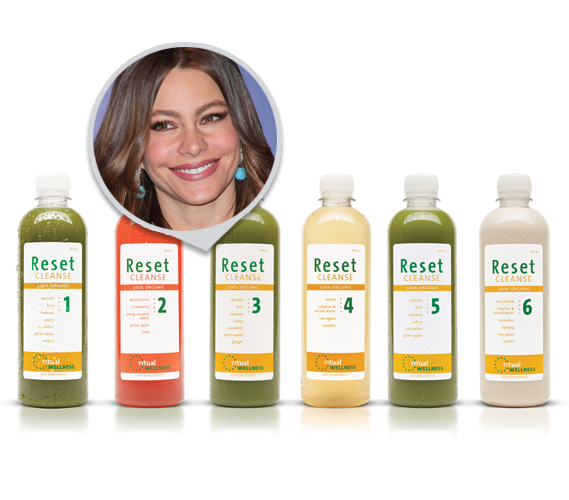Let's consider, for a second, the following statues of Laocoon, housed in the Vatican museum (left), and the Farnese Hercules (right):
These sculptures were carved, based on real models centuries before the invention of creatine, WPI or anabolic steroids. This suggests that we have always known how to build our bodies and achieve our true genetic potential.
The secret hasn't been lost, it's just been slightly misplaced as we've become increasingly impatient to achieve results - shoved underneath a large pile of shiny new supplements and training techniques that promise slabs of muscle in weeks.
However, I feel it's time to dust off the classic techniques that worked for our fore-fathers of physical culture and put them to good use. In fact, if I could step into a time machine and pass anything back to my younger self with regards to training / diet / supplementation, it wouldn't be a bottle of Jack3d or Muscle-Milk, it would be a training template that consisted of compound movements, combined with a clean, diet comprising of 35% PRO, 45% CHO, and 20% FAT (which is right for my body-type) and the advice that I should stop having so many late nights out, and make sure I get regular and sustained 8 hours of sleep!
That's right folks, you read it here first - the secret to building large amounts of muscle, fast is to stick to the basics:
- Training: Don't be the guy that does 3 types of bench press, 2 types of flys and 'finishes' off his chest-day with a few dozen pushups for a good pump. You can get great results in the gym by adhering to the 'less is more' rule. Try a 1 day-on, 2-days off regimen, which will see you hit the iron 3 times a week. Choose compound exercises and remember, stimulate DON'T annihilate your muscle. Also - I have often found that a 5 sets, 5 reps model works best as it allows you to go heavy enough to see some strong gains in size and strength.
- Diet: You need to find the right diet for you; however,one thing is for sure, clean is inevitably better than dirty. You may be 18 with a metabolism that can clear anything now; however, why abuse the body you've been given. Starting at the good-old fashioned 40-40-20 diet is a good foundation for your experiments. If you are the type of person that responds best to a lower-carb or ketogenic diet, go with that. If you require a higher carb load, then listen to your body. I have done both in the past and made tremendous progress using both a keto-approach, and my current 35-45-20 model. If you're really looking for some lean-gains, try cycling your calories with a higher intake on training days and lower intake on 'rest' or cardio and conditioning days to really see some striking physical changes.
- Rest & Recovery: This point is key. So many people think they can function without adequate rest and recovery. Not every day needs to be a high-intensity day. Seriously, it's OK to mix things up. Doing steady state cardio is good for your heart, and taking up a martial art won't hinder your gains to the point that 'bro-science' would have you believe given you allow your body both the adequate diet and rest it requires. Have you ever seen a UFC fighter? I don't think many people will complain with having not only that physique, but also that level of performance and power output! While it's true that sleep requirements are an individual element, 8 hours is definitely a great starting point. Make sure to get into a routine with your sleep, don't go to bed at 8.30 one night at 12.30, another. Your body accumulates sleep debt, and that isn't a debt that is easily paid off. Remember, the body enjoys homeostasis, and will try to get back to a set point with regards to sleep so why fight that particular element of biology?
If you have tried and successfully implemented the following for 6-months and still see no progress, you can start to look for alternate ways of building additional muscle - supplements, advanced training techniques, etc; however, I guarantee that anyone reading this post, who is serious about training and takes the above advice to heart will see tremendous progress, debunking the myth that 'muscle building is rocket science'.


